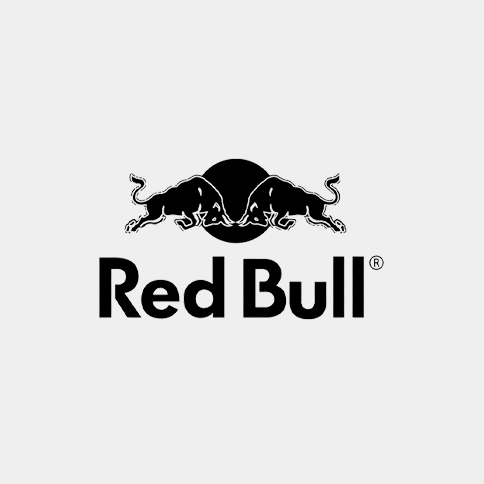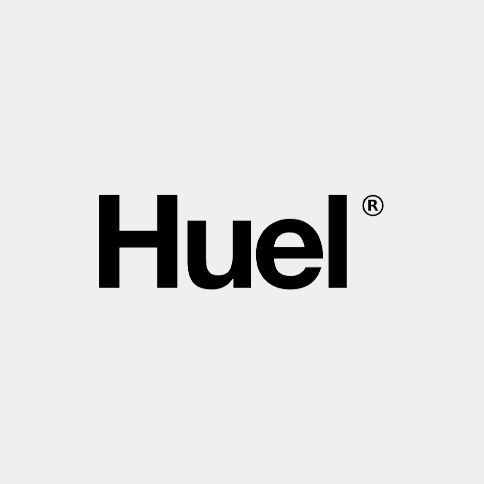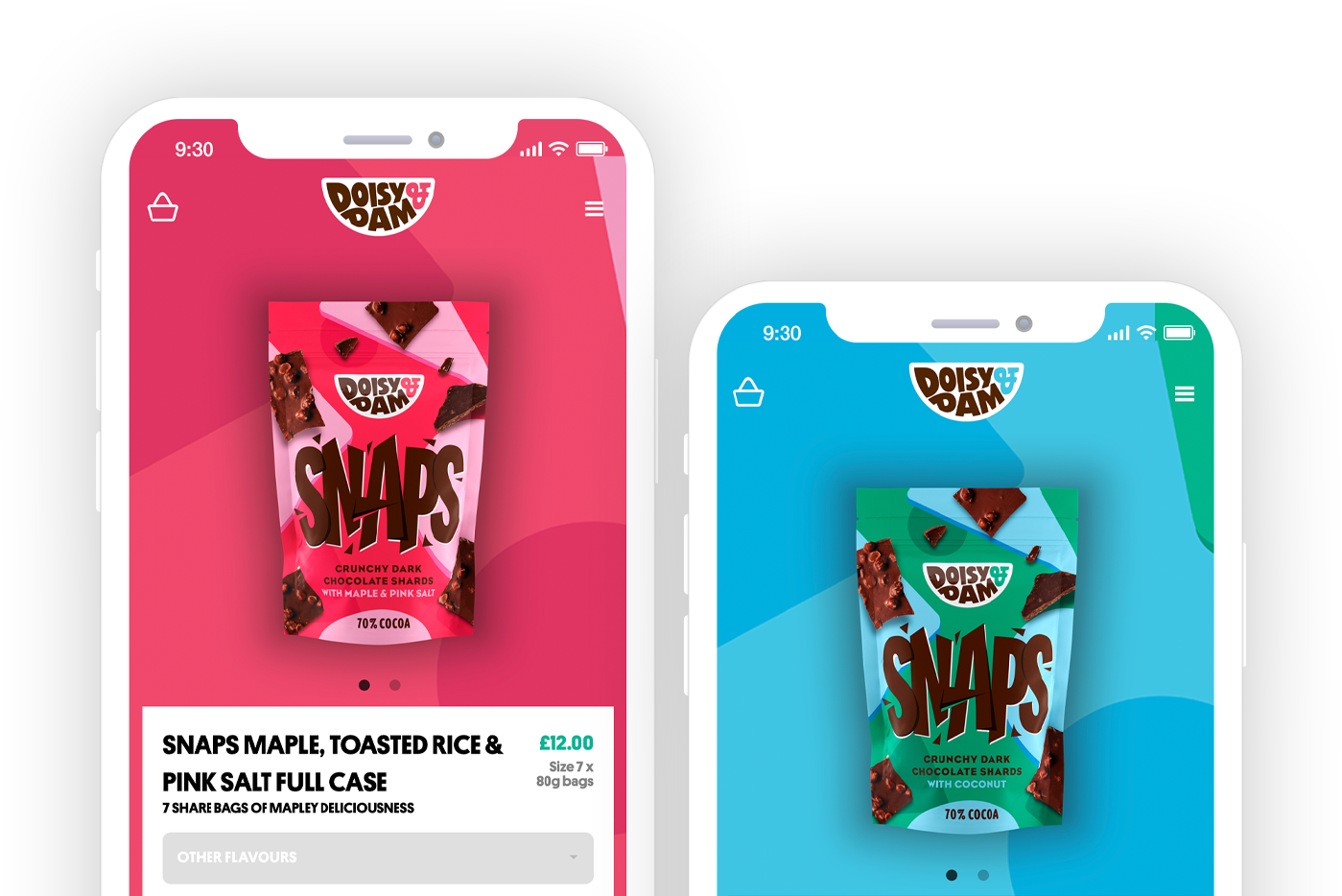Future Trends and Innovations
Predictive Personalization:
Employ advanced machine learning models that analyze a myriad of data points, including past purchases, browsing behavior, and even social media interactions. These models can dynamically predict not only what products a customer may be interested in but also the most effective time to send an email for maximum engagement.
Automated Insights:
Integrate AI-driven analytics tools that not only provide insights but also automatically generate actionable recommendations. These tools can analyse vast datasets, identify patterns, and offer suggestions for optimizing subject lines, content, and send times based on historical performance and current trends.
Interactive Email Elements
Interactive Content:
Experiment with various interactive elements within emails, such as shoppable carousels, quizzes, and polls. Shoppable emails, for example, allow customers to make purchases directly from the email, creating a seamless and convenient shopping experience. Interactive content not only engages users but also provides valuable data on customer preferences.
Real-time Personalization:
Explore real-time personalization tools that dynamically update email content based on a recipient's current context. For instance, incorporate weather-based recommendations or location-specific promotions. Real-time personalization adds an element of immediacy and relevance, increasing the impact of your emails.
What is Email Marketing? Conclusion
Navigating the intricate landscape of advanced email marketing requires a meticulous blend of data-driven strategies, compliance adherence, and a keen eye on emerging trends. By delving into the nuances of behavioral targeting, customer lifecycle management, compliance best practices, and futuristic innovations, ecommerce merchants can position themselves at the forefront of email marketing excellence. This holistic approach ensures not only immediate success but also sustainable growth in an ever-evolving digital landscape.
What is Email Marketing? Frequently Asked Questions & Answers
Q1: Why is email marketing essential for ecommerce?
A1: Email marketing for ecommerce is indispensable, playing a pivotal role in establishing a direct, cost-effective line of communication with your audience. This channel allows you to engage customers, build lasting relationships, and drive sales, providing a personalized touch that fosters brand loyalty. With the ability to tailor messages and campaigns, email marketing becomes a cornerstone for ecommerce success.
Q2: How can I build and grow my email list effectively?
A2: Building and growing your email list is a strategic process that involves employing diverse opt-in strategies. Utilize well-timed pop-ups, offer enticing incentives such as exclusive discounts, and clearly communicate the unique value proposition of being a subscriber. Prioritize segmentation based on customer behavior and preferences to ensure that your email list is not just large but also highly targeted and engaged.
Q3: What are the key components of a successful email campaign?
A3: A successful email campaign is a culmination of various key components. Craft eye-catching subject lines that capture attention and entice recipients to open. Personalize content based on customer data, addressing them by name and tailoring recommendations. Ensure compelling copy that conveys your message effectively, and enhance visual appeal with high-quality images and graphics. Experiment with different types of campaigns, including welcome emails, promotions, cart abandonment, and product recommendations. This diversity keeps your campaigns fresh and resonates with different segments of your audience.
Q4: How can I optimize my emails for mobile users?
A4: Optimizing emails for mobile users is essential in today's digital landscape. Ensure a responsive design that adapts seamlessly to various screen sizes, providing a cohesive and visually pleasing experience. Craft short and snappy content that captures attention quickly, catering to the preferences of mobile users who often engage in brief interactions. Thoroughly test your emails across different devices to guarantee optimal viewing, and consider mobile-specific features to enhance the user experience further. Mobile optimization not only meets user expectations but also maximizes engagement and conversions.
Q5: Which email marketing platforms are recommended for ecommerce businesses?
A5: Choosing the right email marketing platform is a critical decision for ecommerce merchants. Popular platforms such as Mailchimp, Klaviyo, and Constant Contact offer a range of features suitable for ecommerce needs. Consider factors such as scalability, ease of use, and integration capabilities when selecting a platform that aligns with your business goals. Evaluating these aspects ensures that you leverage a platform that caters specifically to the unique requirements of your ecommerce business.
Q6: What is the significance of advanced strategies like behavioral targeting and customer lifecycle management?
A6: Advanced strategies like behavioral targeting and customer lifecycle management elevate email marketing to a new level of sophistication. Behavioral targeting involves tracking user actions and tailoring messages based on their behavior, ensuring personalized and relevant communication. Customer lifecycle management maps the entire customer journey, allowing for strategic communication at various touchpoints, from onboarding to retention. Implementing these advanced strategies not only enhances the customer experience but also maximizes the effectiveness of your email campaigns by delivering the right message to the right audience at the right time.
Q7: How can AI and machine learning benefit email marketing?
A7: AI and machine learning offer transformative benefits to email marketing, particularly in predictive personalization, automated insights, and real-time personalization. Predictive personalization leverages machine learning algorithms to analyze vast datasets, predicting customer preferences and behavior for highly targeted content. Automated insights use AI-driven analytics tools to provide actionable recommendations, allowing for data-driven optimization of subject lines, content, and send times. Real-time personalization dynamically updates email content based on a recipient's current context, ensuring immediate relevance and engagement. Integrating these technologies enhances the efficiency and impact of your email marketing strategy, propelling it into the future.
Q8: What steps should I take to ensure legal compliance and optimal email deliverability?
A8: Ensuring legal compliance and optimal email deliverability is crucial for the success of your email marketing efforts. Adhere to data protection regulations such as GDPR by implementing robust practices, including encryption, secure storage, and regular audits. Comply with the CAN-SPAM Act by incorporating accurate sender information, relevant subject lines, and a seamless opt-out process. Proactively manage and enhance your sender reputation through list hygiene, sender authentication, and adherence to industry best practices. A positive sender reputation is key to consistently reaching your audience's inboxes and maximizing the deliverability of your email campaigns.
Q9: What are some future trends in email marketing for ecommerce?
A9: Future trends in email marketing for ecommerce are dynamic and exciting. Increased use of AI for predictive analytics promises more accurate targeting and personalization. Interactive email elements, such as shoppable content, provide immersive experiences directly within emails. Real-time personalization tools dynamically update content based on a recipient's current context, ensuring immediate relevance. Staying updated on these trends and experimenting with new features will keep ecommerce merchants at the forefront of
innovation, ensuring their email marketing strategies evolve with the dynamic landscape.
Q10: How can ecommerce merchants stay updated on evolving email marketing trends?
A10: Staying updated on evolving email marketing trends is essential for ecommerce merchants to remain competitive. Engage with industry publications, attend webinars, and participate in relevant forums to stay informed on the latest developments. Regularly monitor analytics to identify emerging patterns and customer behavior trends. Embrace experimentation by testing new features, technologies, and strategies. Staying agile in adopting new trends ensures that ecommerce merchants not only keep pace with industry advancements but also proactively position themselves as innovators in the ever-evolving field of email marketing.













